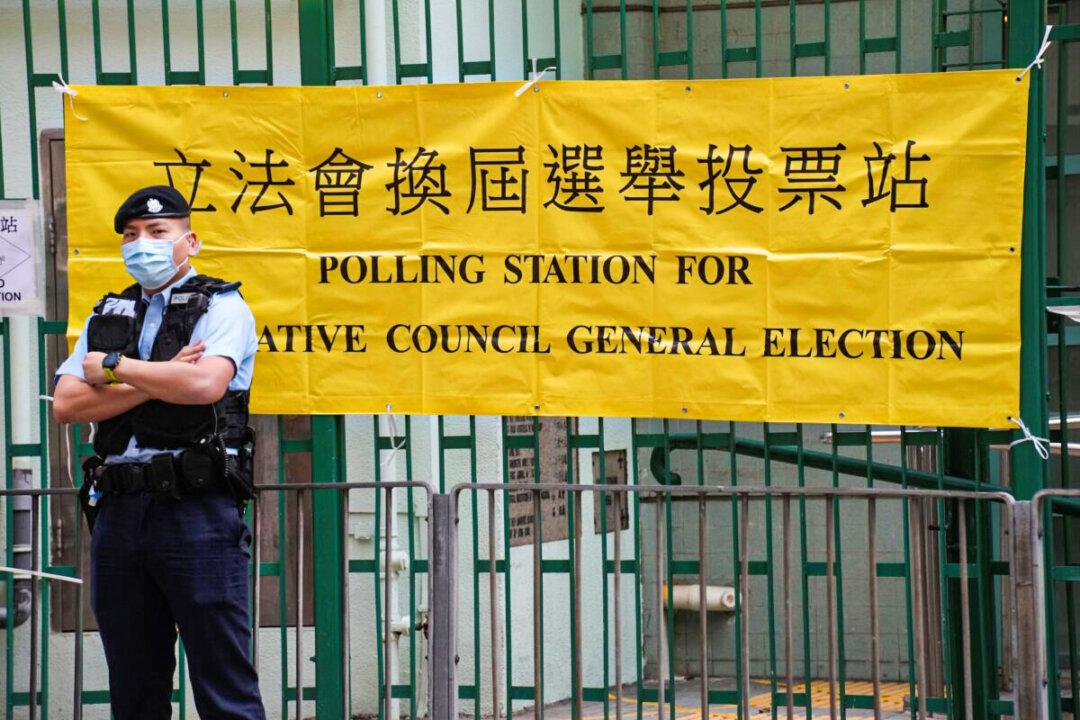The people of Hong Kong voted on Dec. 19 in the Legislative Council General Election, the first since the regime in Beijing changed its electoral system to cut down the number of directly elected lawmakers and to vet candidates.
The move led to a drop in public enthusiasm during the election.




